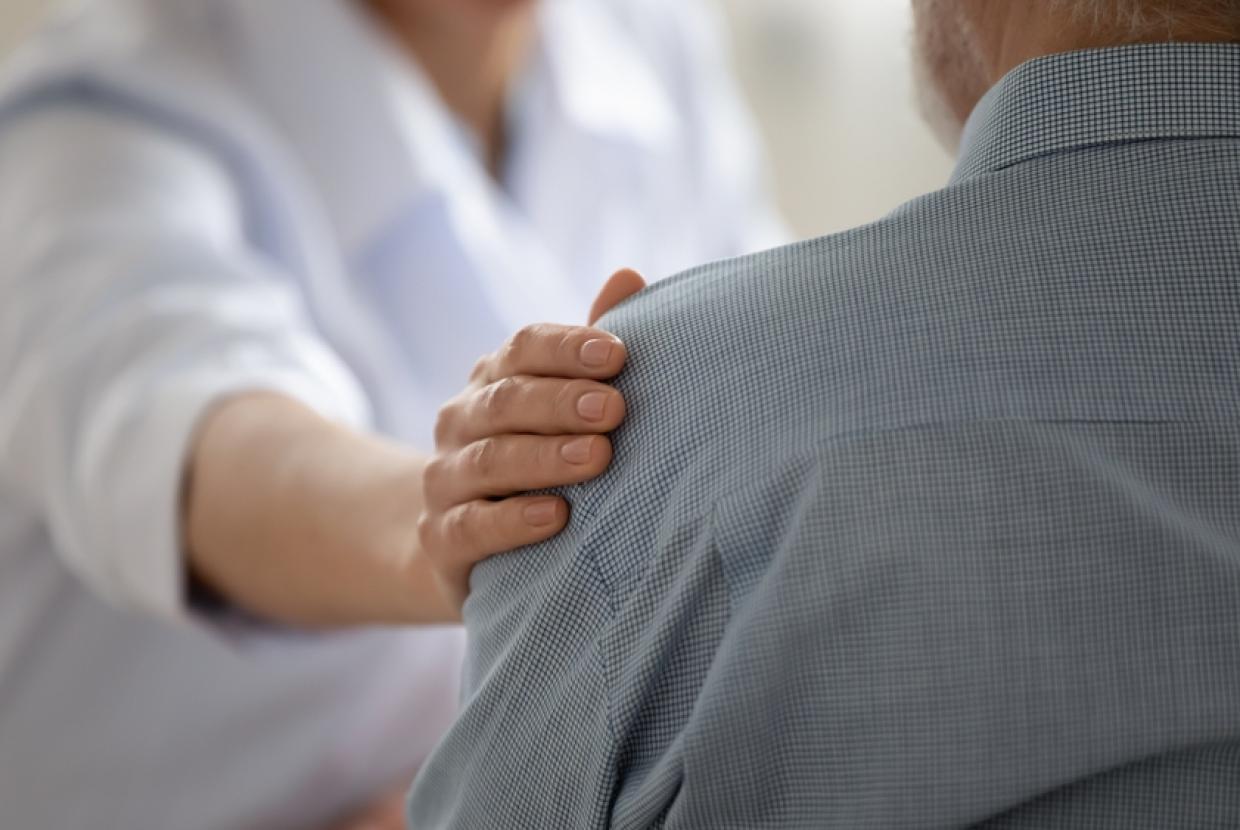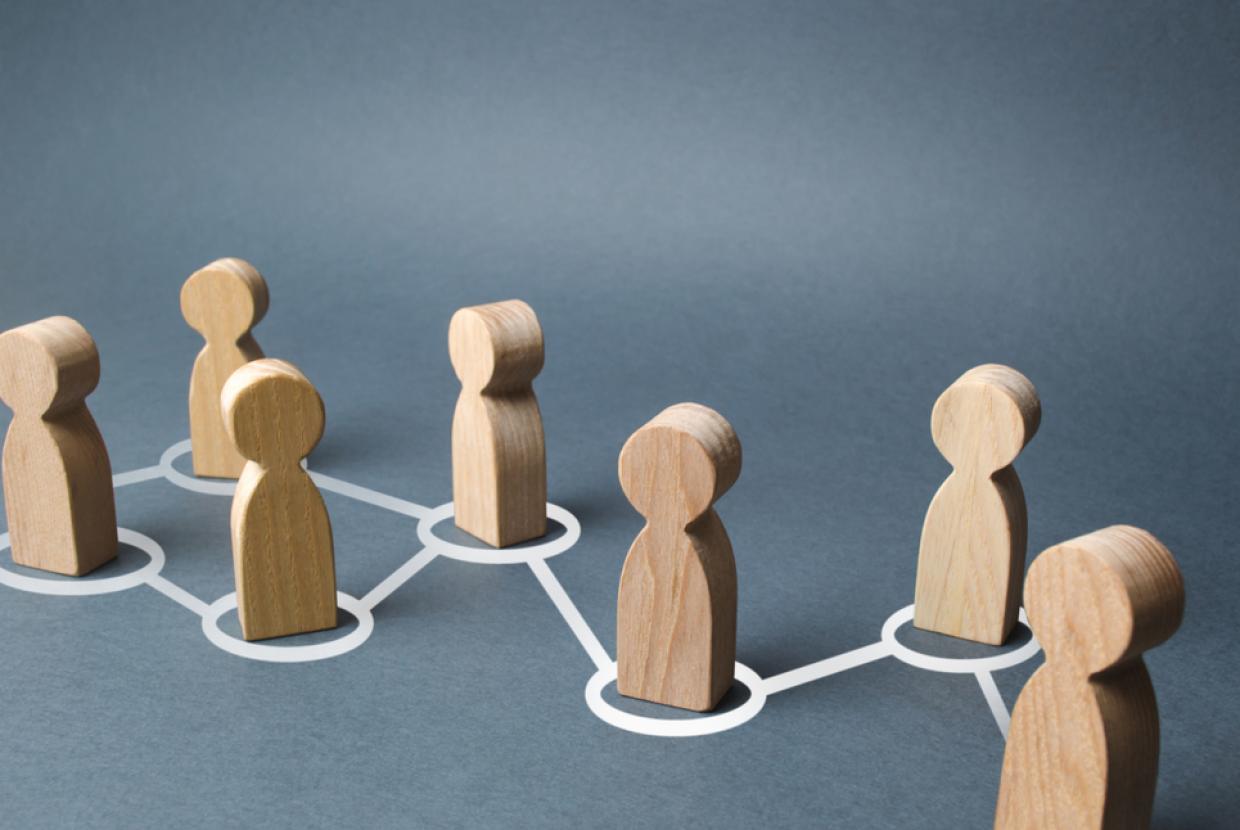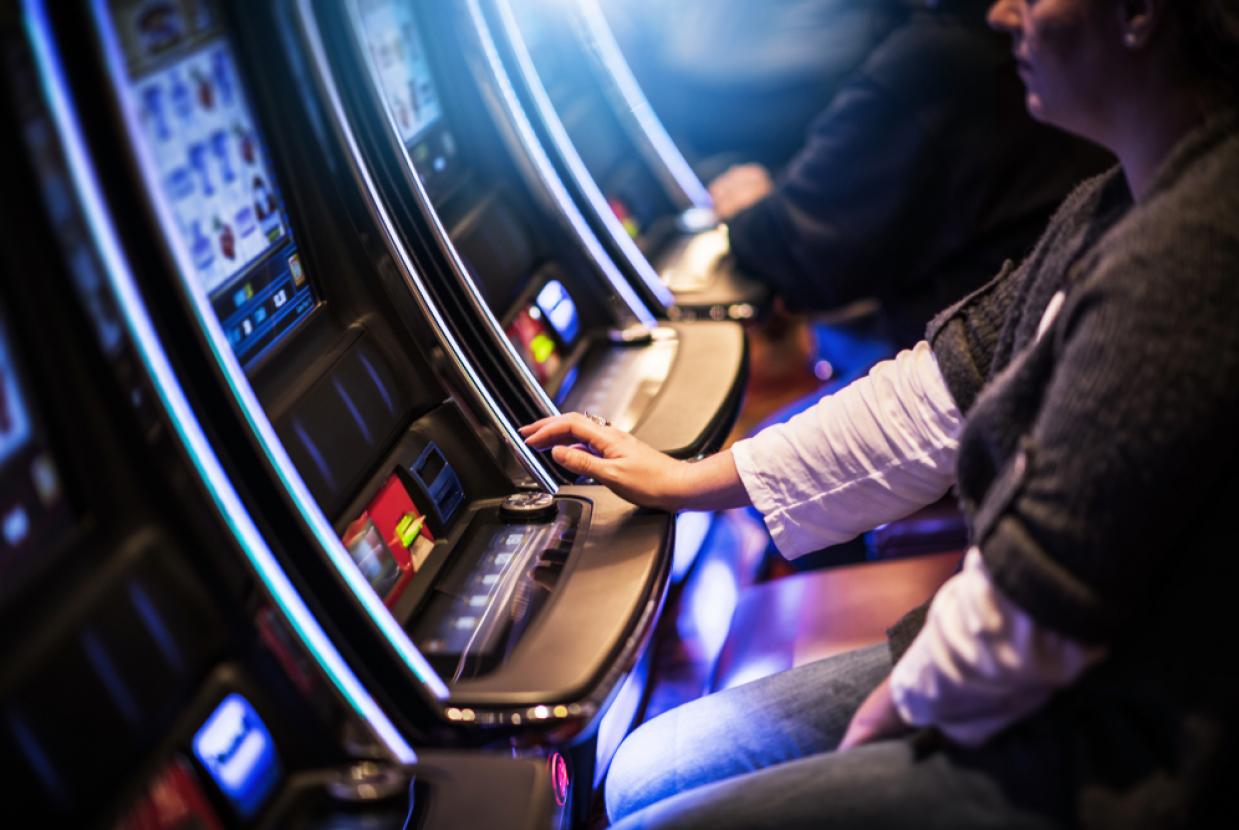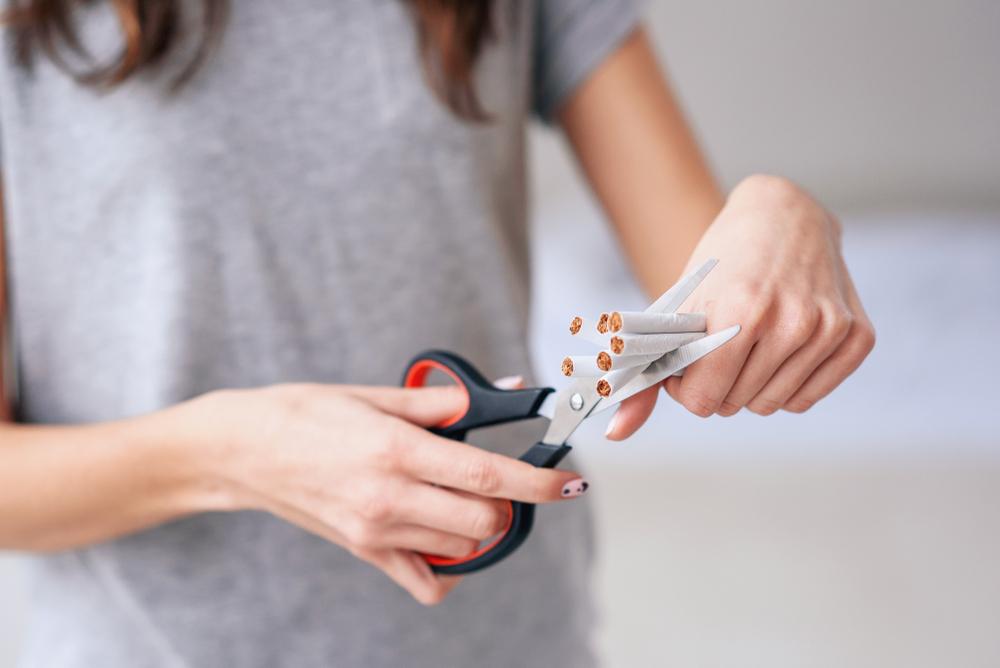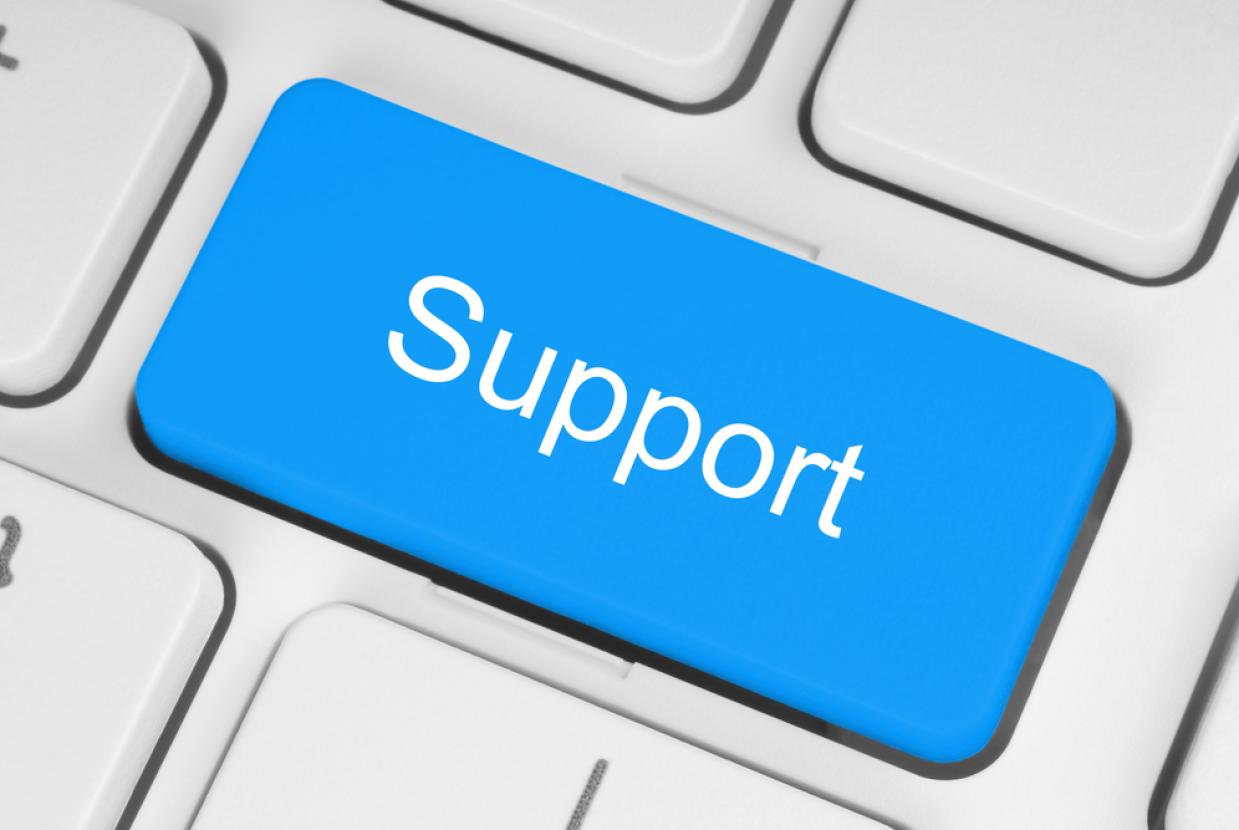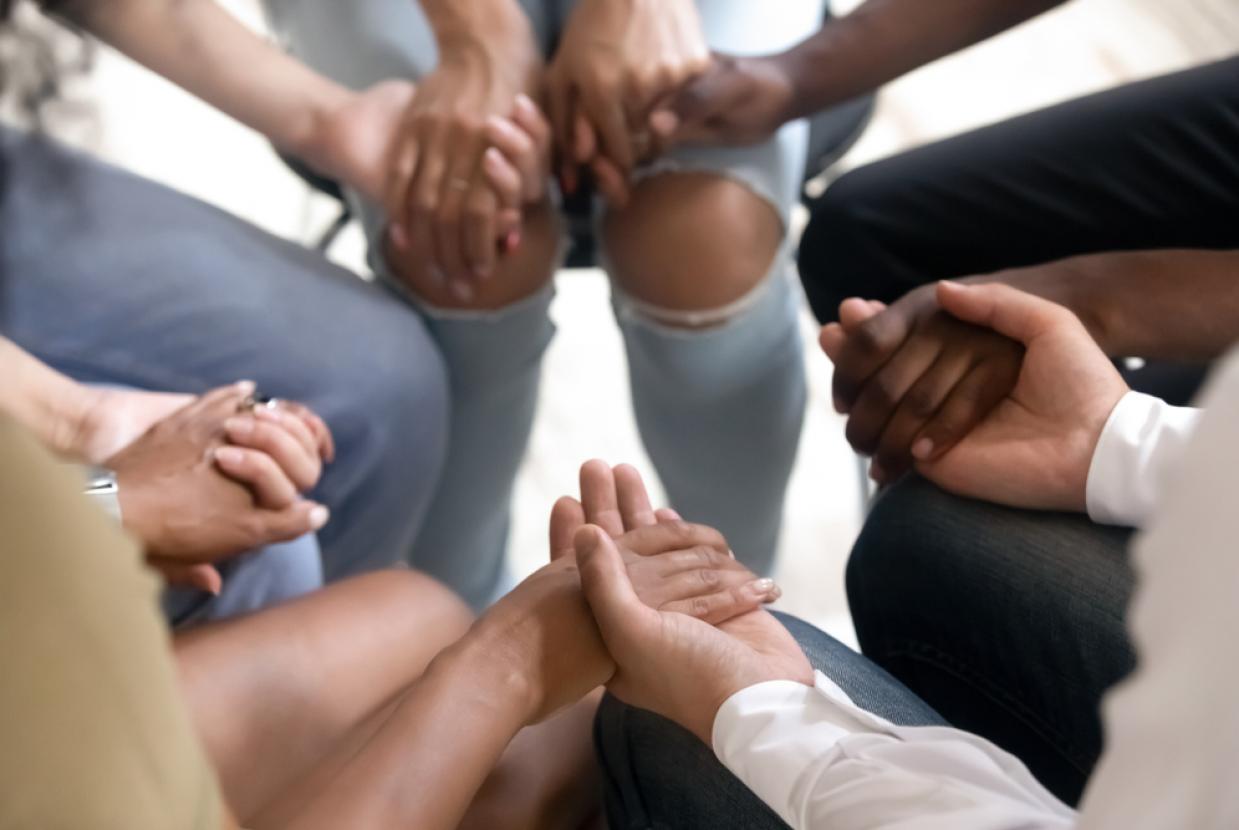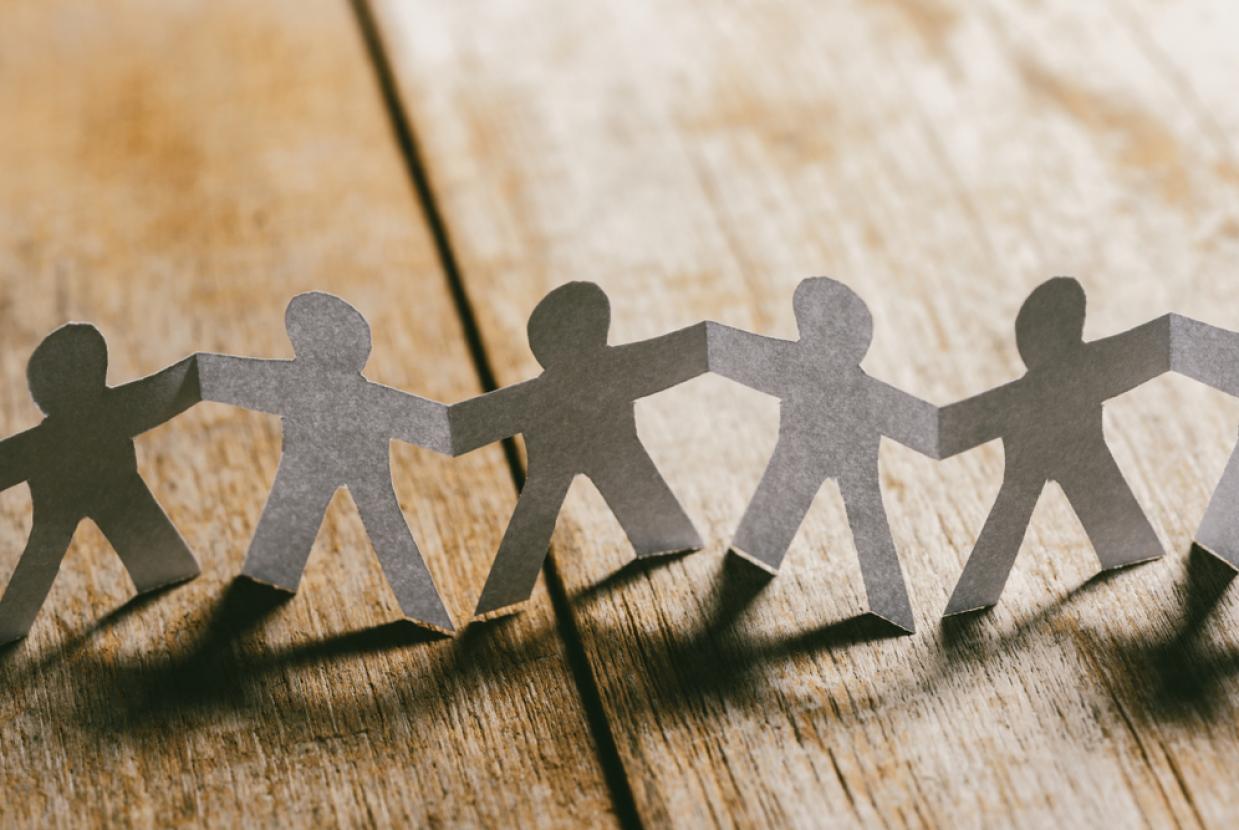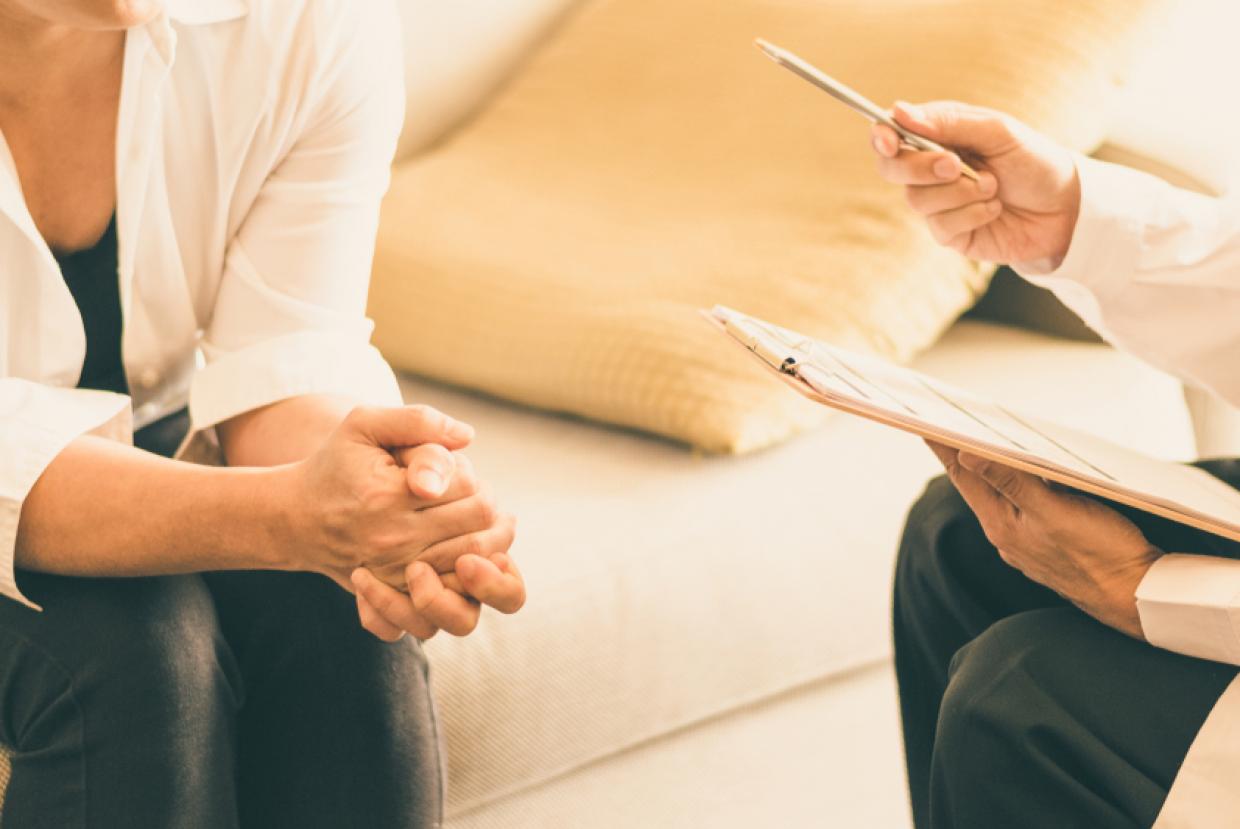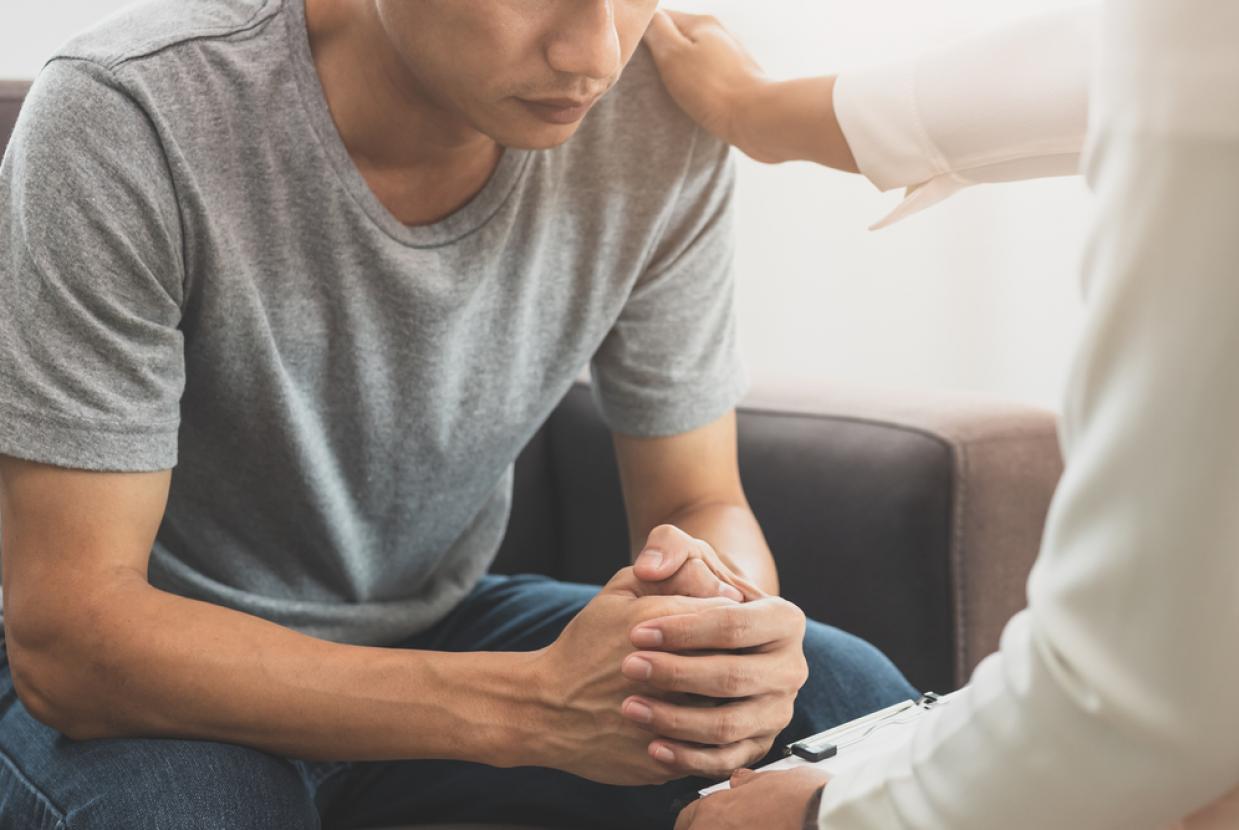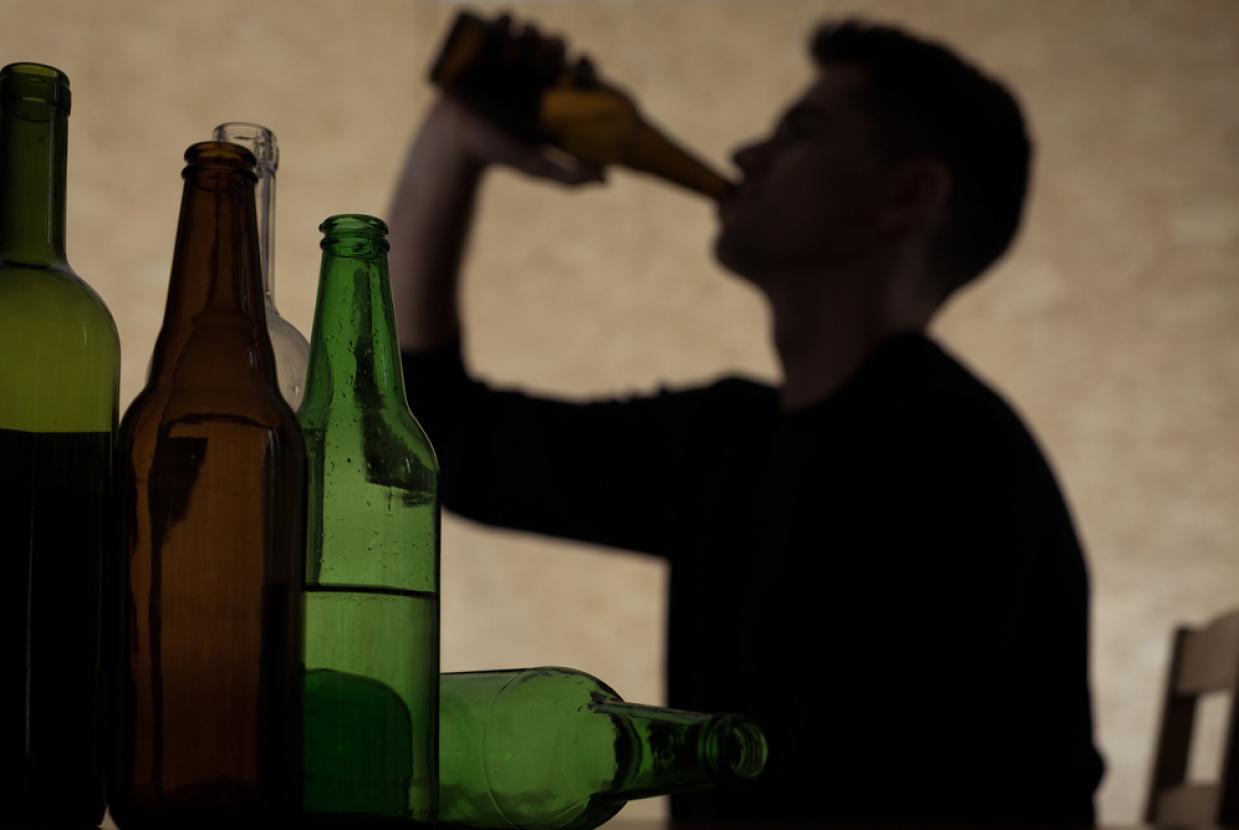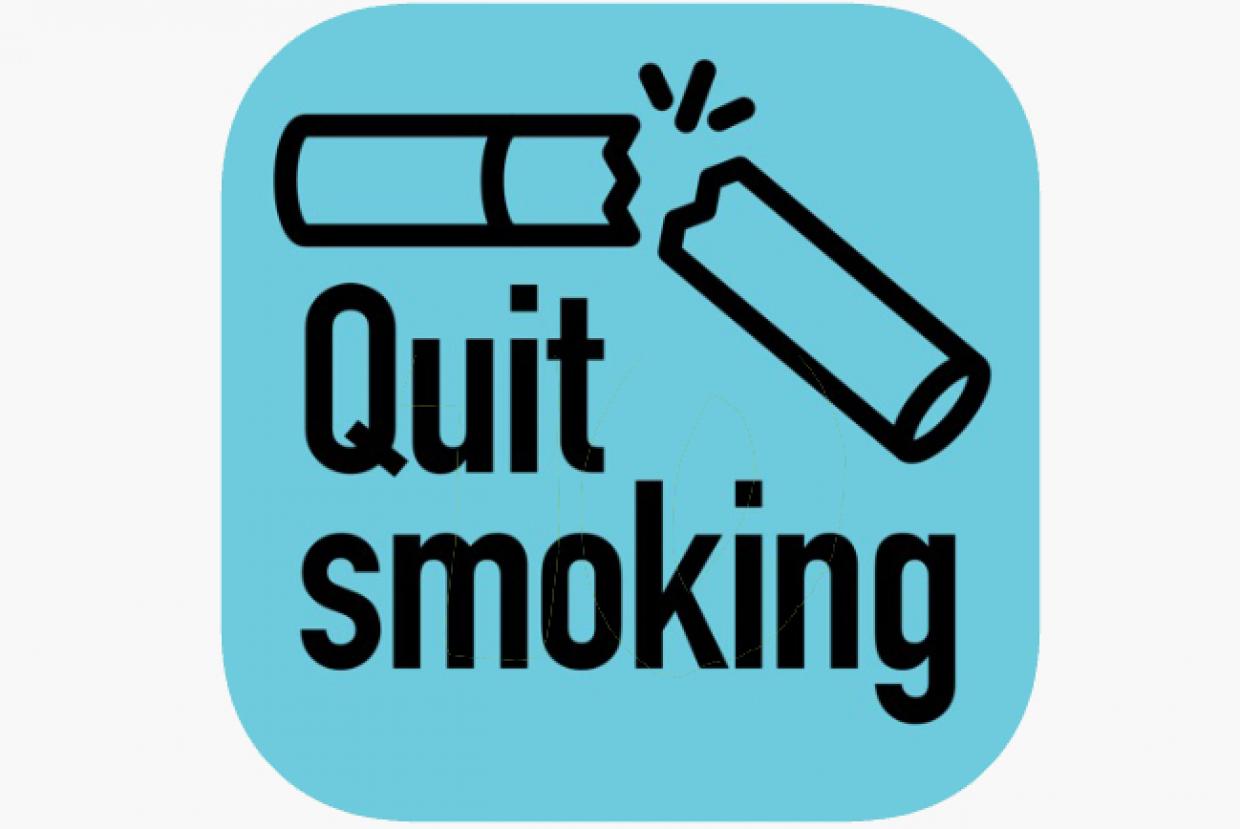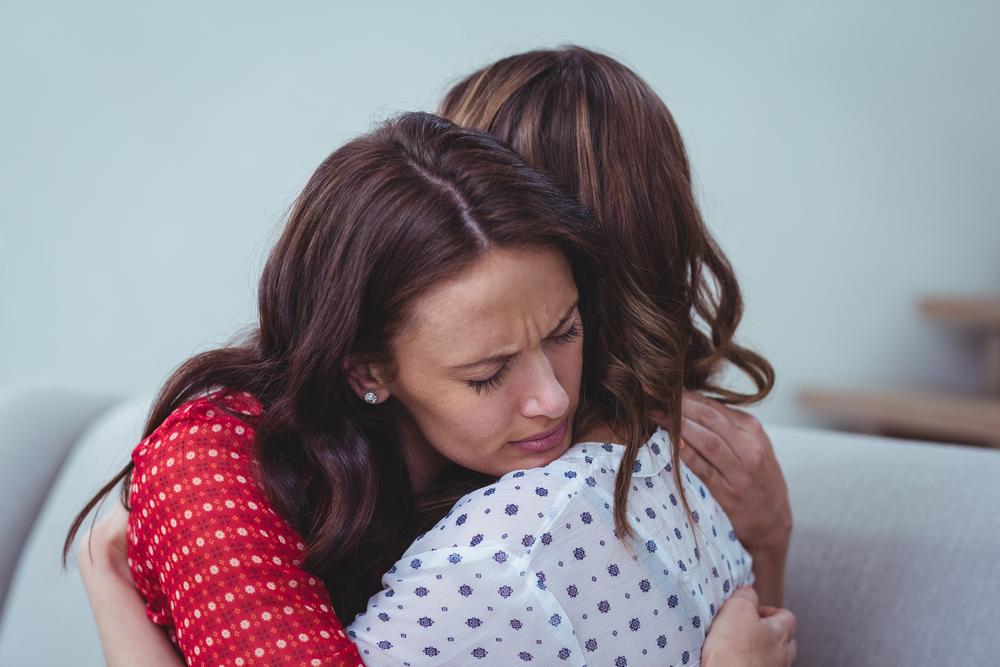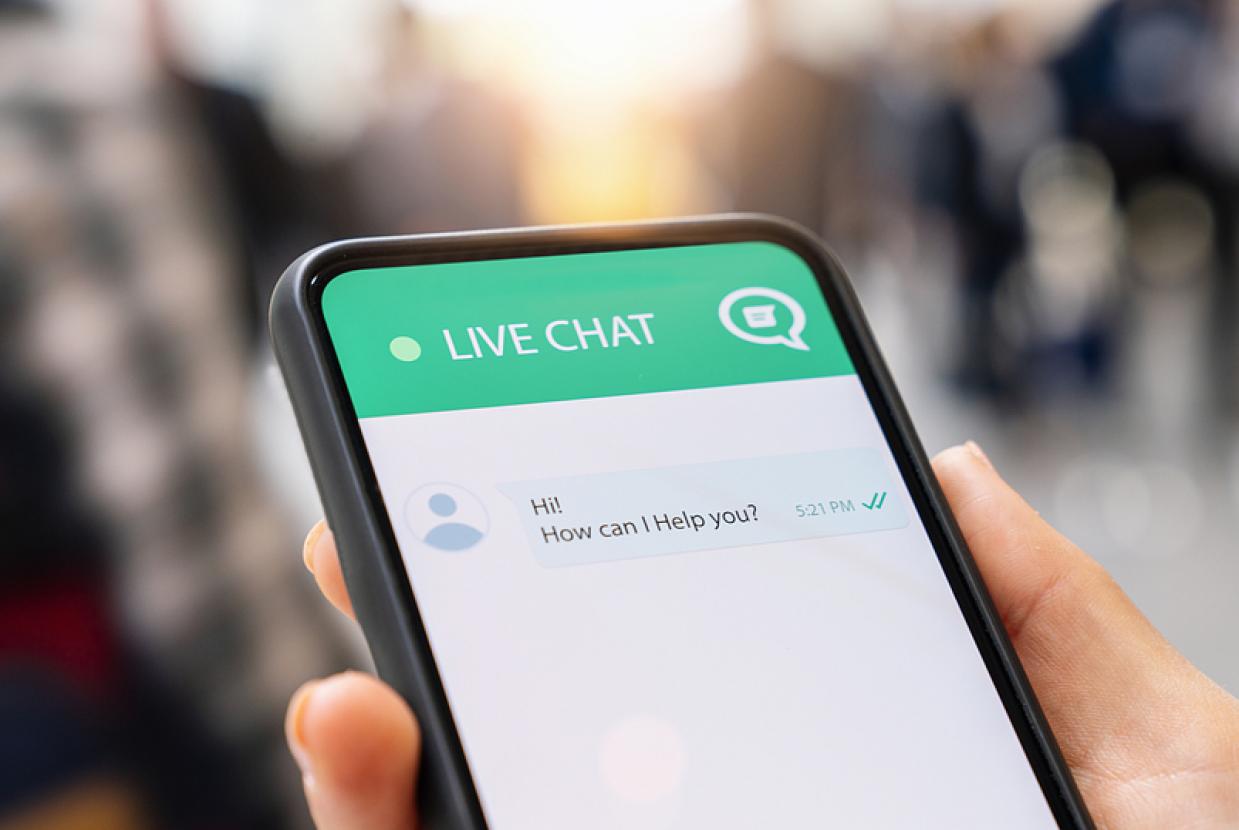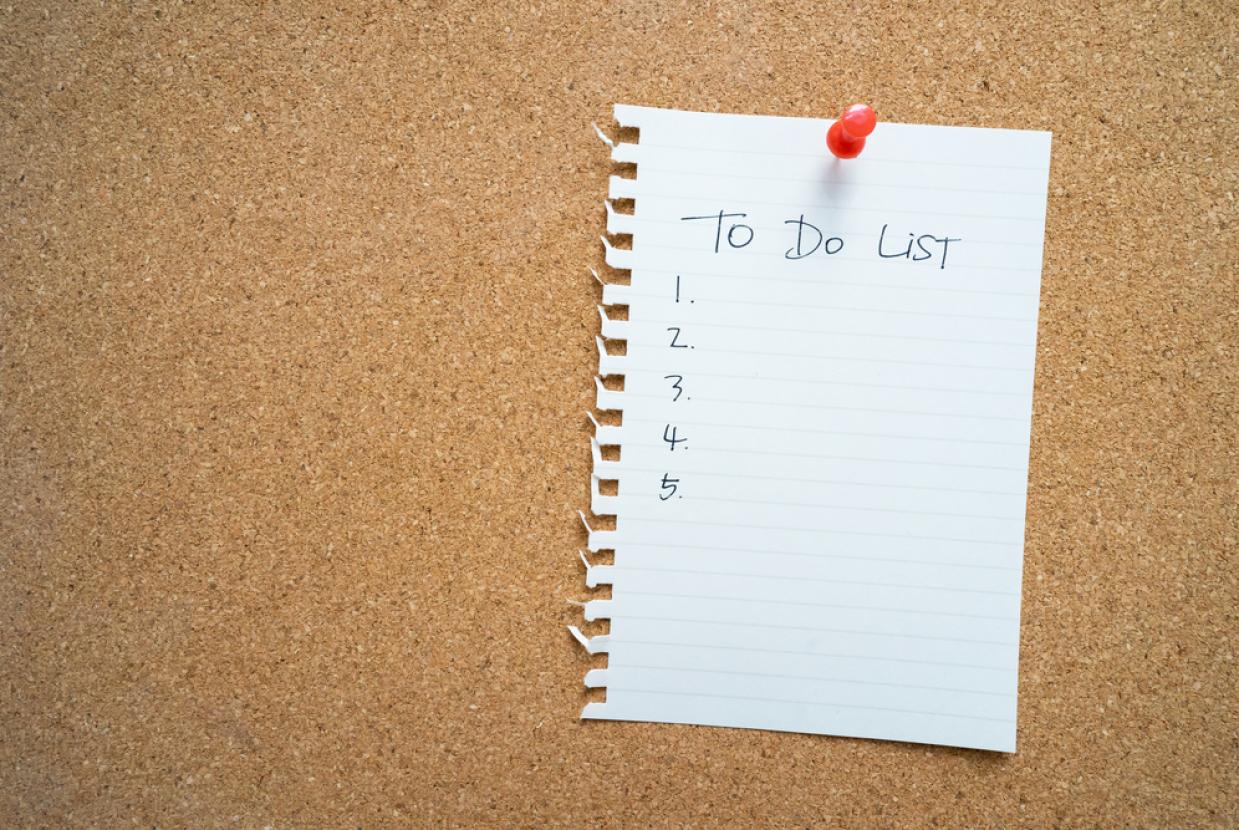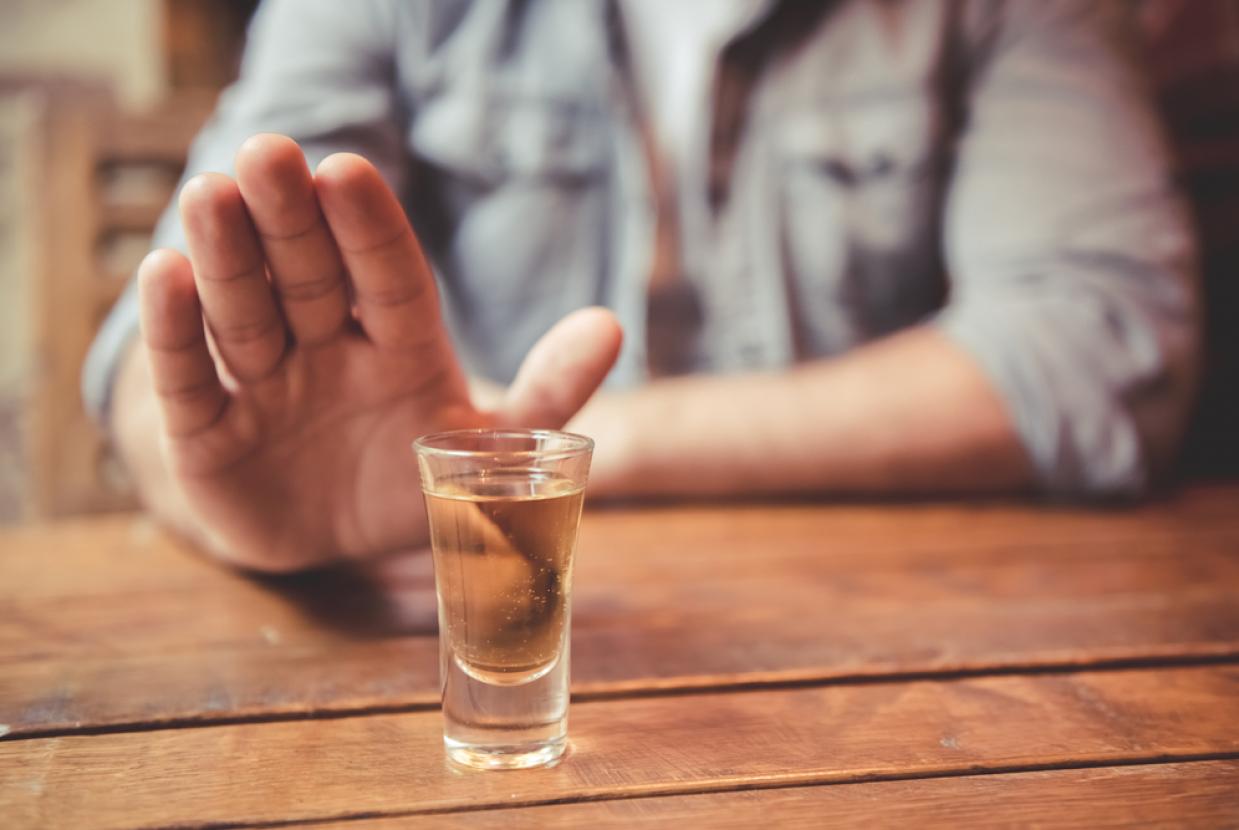Help For Problems With Gambling
Gambling can harm many areas of your life. This can include problems with your:
- relationships
- physical and mental health
- finances
Answer these questions:
- Do you bet more than you can afford to lose?
- Do you need to gamble with larger amounts of money to get the same feeling?
- Have you tried to win back money you have lost (chasing losses)?
- Have you borrowed money or sold anything to get money to gamble?
- Have you wondered whether you have a problem with gambling?
- Has your gambling caused you any health problems, including feelings of stress or anxiety?
- Have other people criticised your betting or told you that you had a problem with gambling (regardless of whether or not you thought it was true)?
- Has your gambling caused any financial problems for you or your household?
- Have you ever felt guilty about the way you gamble or what happens when you gamble?
Score 0 for each time you answer "never"Score 1 for each time you answer "sometimes"Score 2 for each time you answer "most of the time"Score 3 for each time you answer "almost always"
If your total score is 8 or higher, you or those closest to you, are likely to be experiencing gambling-related harms.
If your total score is between 1 and 7, gambling might still be having a negative impact on your life.
There is support and treatment available if you need it.
How to get help for gambling-related harmsTreatment and support groups are available if gambling is causing problems for you.
If you need urgent help for your mental healthIf gambling is seriously affecting your mental health and you need help urgently find out where to get urgent help for your mental health.
NHS gambling treatment clinicsYou can go to a specialist gambling treatment clinic in England.
They have a team of psychiatrists and psychologists who can:
- treat you if gambling is causing you problems
- support you with your recovery
- provide therapy for any complex health needs you have related to gambling
- support your family or friends if they need help
You can self-refer to a gambling clinic near you. Or you can ask a GP for information on services in your area.
Find out more about what’s offered and how to self-refer at:
- NHS National Centre for Behavioural Addictions and the National Problem Gambling Clinic
- NHS Northern Gambling Service website
- NHS Southern Gambling Service website
- NHS West Midlands Gambling Harms Clinic (WMGHC) website
- NHS East Midlands Gambling Harms Clinic website
- NHS East of England Gambling Service website
- NHS South West Gambling Service website
There are also charities and support groups that offer free, confidential support to people who are gambling, and their friends and family.
- The National Gambling Helpline (run by GamCare) – call 0808 8020 133 for free 24 hours a day, 7 days a week for free information, support and counselling
- GambleAware – the National Gambling Support Network service
- Primary Care Gambling Service – a national service providing support for anyone experiencing gambling-related harms
- GamLearn – the Gambling Lived Experience and Recovery Network service
- Gamblers Anonymous – a local support group service that uses the 12-step approach to recovery
- Citizens Advice Bureau – a charity that can advise you on a range of issues, including finances and gambling
- ChapterOne – a charity that can provide advice and support for anyone experiencing gambling-related harms
You're advised to get support if you're experiencing gambling-related harms. But there are other things you can also do to help.
Do:- sign up for GamStop – this stops you being able to use gambling websites and apps for 6 months, 1 year or 5 years
- install Gamban – this blocks access to gambling websites and apps on your devices
- ask your bank to block any money going to gambling websites and apps
- pay important bills, such as your mortgage, on payday before you gamble – you can set up direct debits or standing orders for this
- deal with your debts rather than ignoring them – visit the National Debtline for help
- spend more time with family and friends who do not gamble
- talk to someone you trust about what is happening
- do not view gambling as a way to make money
- do not take credit cards with you when you go gambling
If another person's gambling is affecting you, support is available from:
- NHS gambling treatment clinics
- GamAnon: meetings
- GamFam: a lived experience support network
- Gambling with Lives: support for people bereaved by gambling-related suicide



